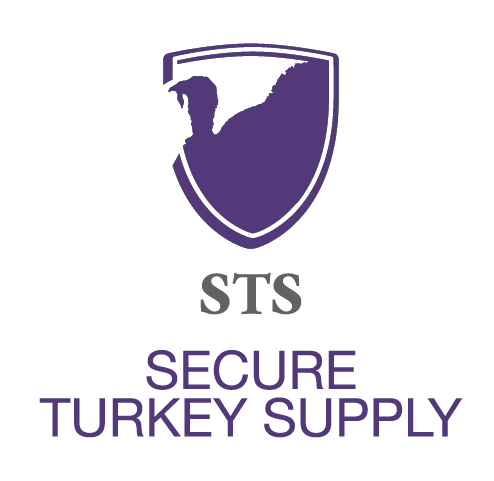
Proactive Risk Assessment
A continuity of business risk assessment systematically evaluates the potential risks and impact of risk mitigation steps of moving a specific product from apparently healthy flocks inside a Control Area during an animal disease emergency. STS risk assessments address the following:
- Pathways of infection relevant to the flock targeted for movement or from which product might be moved
- The sensitivity of detection of infection in the target flock
- Potential pathways of transmission to susceptible populations through the movement of the birds or product if there is an undetected infection
- The impact of mitigation strategies like periods of extreme biosecurity on pathways of infection or transmission
- The assignment of a risk rating to the product movement using clearly defined mitigation steps and detection strategies.
A risk assessment is a long process that requires extensive literature searches to identify ways that the disease agent has previously spread in an outbreak, the development of disease transmission models to evaluate surveillance and mitigation strategies, and the collection and vetting of potential mitigation steps with a public-private partners working group. To ensure that the risk assessment process itself does not impede movements in an outbreak, the STS has undertaken this process before there is an outbreak. Evaluating risk before an outbreak occurs facilitates timely emergency response and movement permitting decisions and minimizes unintended disruptions to business continuity.
